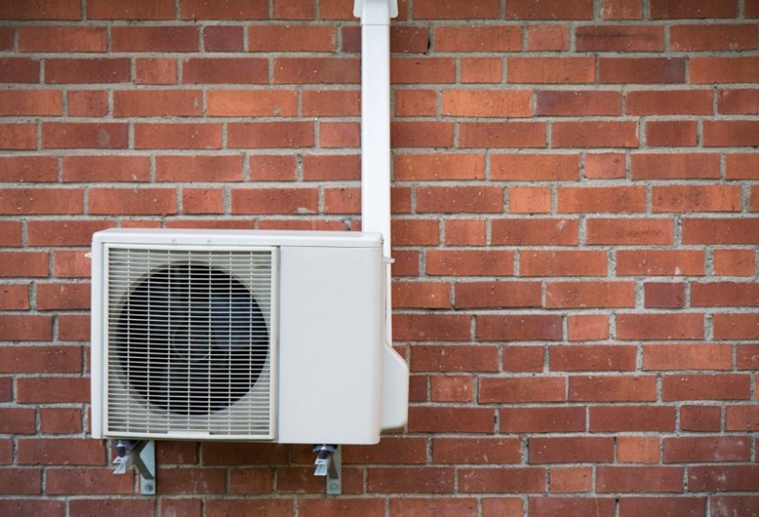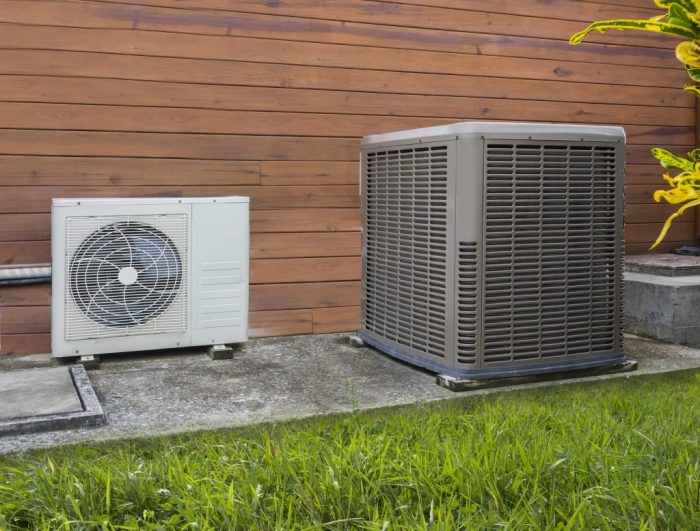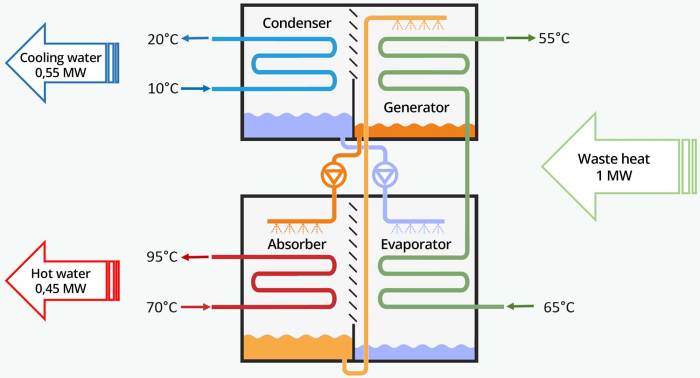Should heat pump and aux heat run simultaneously – Should heat pump and auxiliary heat run simultaneously? This question sparks a multifaceted exploration into the intricacies of home heating systems, delving into the interplay of efficiency, comfort, cost, and environmental impact. Join us as we unravel the complexities of this decision, weighing the pros and cons to illuminate the optimal approach for your specific needs.
Navigating the complexities of home heating systems can be a daunting task. However, by understanding the nuances of heat pump and auxiliary heater operation, you can make informed decisions that maximize comfort, efficiency, and cost-effectiveness.
Efficiency Considerations
Simultaneous operation of heat pumps and auxiliary heaters can significantly impact energy consumption. Studies have shown that running both systems simultaneously can increase energy usage by up to 30% compared to using the heat pump alone.
This is because the auxiliary heater, typically an electric resistance heater, consumes a significant amount of energy. When it is activated, it draws a high current, which can lead to increased electricity bills.
System Design and Compatibility
The compatibility of heat pumps and auxiliary heaters is a critical factor to consider when operating them simultaneously. Some heat pumps are designed to work with specific auxiliary heaters, while others may not be compatible at all.
It is important to consult the manufacturer’s instructions to ensure that the heat pump and auxiliary heater are compatible before attempting to operate them simultaneously.
Comfort and Temperature Control
Simultaneous operation of heat pumps and auxiliary heaters can affect indoor temperature stability and comfort levels. When both systems are running, the indoor temperature can rise rapidly, leading to discomfort for occupants.
Additionally, the auxiliary heater can create uneven temperature distribution, with some areas of the room being significantly warmer than others.
Maintenance and Lifespan
Simultaneous operation of heat pumps and auxiliary heaters can impact the maintenance requirements and lifespan of both systems. The auxiliary heater, in particular, is prone to wear and tear due to its high energy consumption.
To ensure optimal performance and longevity, it is important to follow the manufacturer’s recommended maintenance schedule and to avoid prolonged simultaneous operation.
Cost Implications
The financial implications of simultaneous operation of heat pumps and auxiliary heaters are significant. The increased energy consumption can lead to higher electricity bills, and the potential for reduced lifespan of the auxiliary heater can result in additional repair or replacement costs.
In some cases, the cost savings of using a heat pump alone may be offset by the increased energy consumption and maintenance costs associated with simultaneous operation.
Environmental Impact

The environmental impact of simultaneous operation of heat pumps and auxiliary heaters is a concern. The increased energy consumption can lead to higher greenhouse gas emissions, which contribute to climate change.
Additionally, the auxiliary heater, if powered by fossil fuels, can release harmful pollutants into the environment.
Specific Scenarios and Case Studies: Should Heat Pump And Aux Heat Run Simultaneously

There are specific scenarios where simultaneous operation of heat pumps and auxiliary heaters may be beneficial. For example, in regions with extreme cold temperatures, the auxiliary heater can provide supplemental heat to ensure indoor comfort.
However, in most cases, it is more efficient and cost-effective to use the heat pump alone or to consider alternative heating sources, such as geothermal heat pumps or radiant floor heating.
Best Practices and Recommendations

To ensure optimal performance and efficiency, it is important to follow these best practices when operating heat pumps and auxiliary heaters:
- Use the heat pump as the primary heating source whenever possible.
- Avoid simultaneous operation unless absolutely necessary.
- If simultaneous operation is required, use the auxiliary heater only as a supplement to the heat pump.
- Follow the manufacturer’s recommended maintenance schedule for both the heat pump and auxiliary heater.
Commonly Asked Questions
Does running a heat pump and auxiliary heat simultaneously improve indoor air quality?
No, simultaneous operation does not directly impact indoor air quality.
Can I use a heat pump and auxiliary heat in different zones of my home?
Yes, zoning allows for independent temperature control in different areas.
What is the best way to maintain a heat pump and auxiliary heater?
Regular maintenance, including filter changes and professional inspections, ensures optimal performance and longevity.